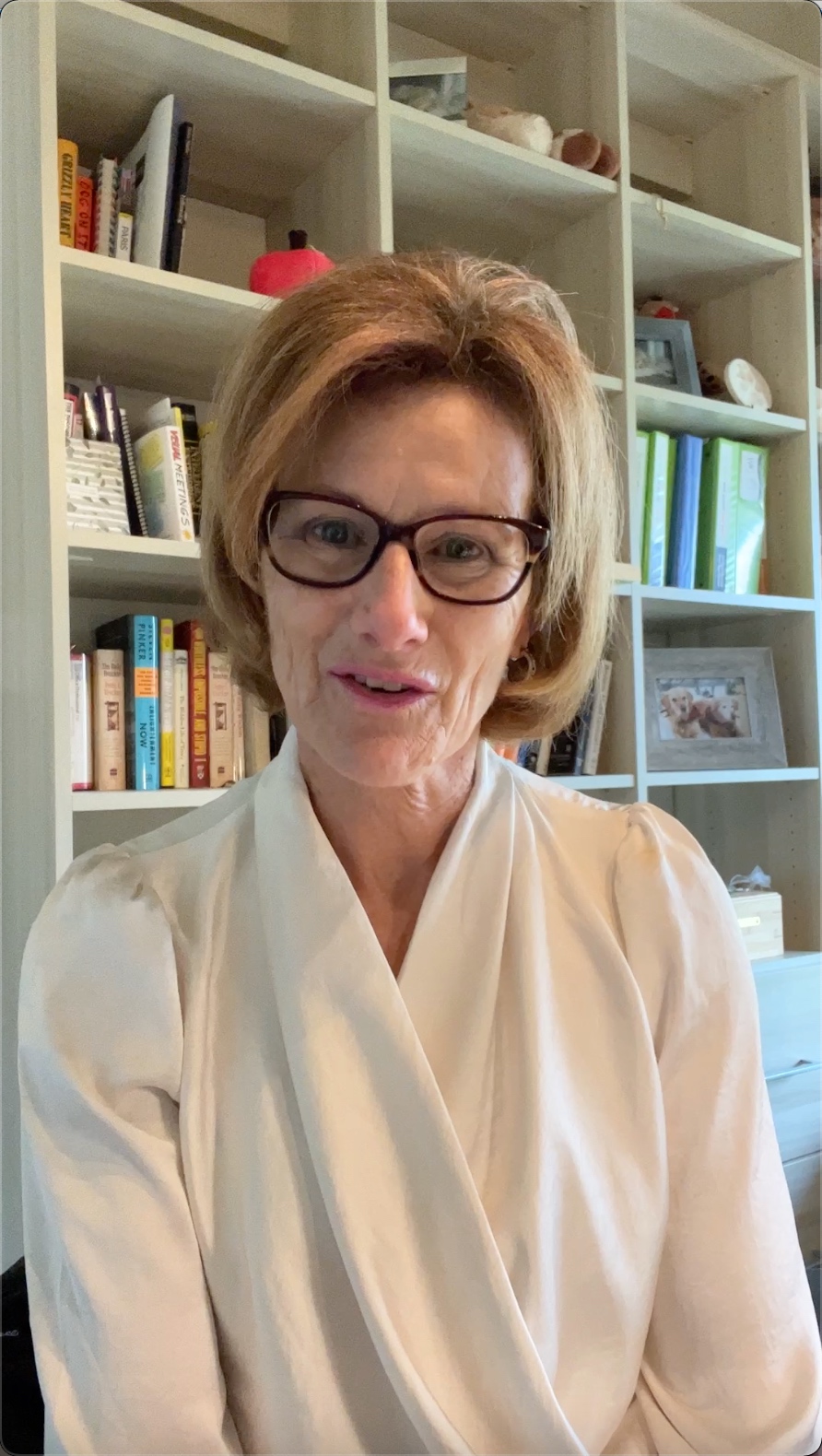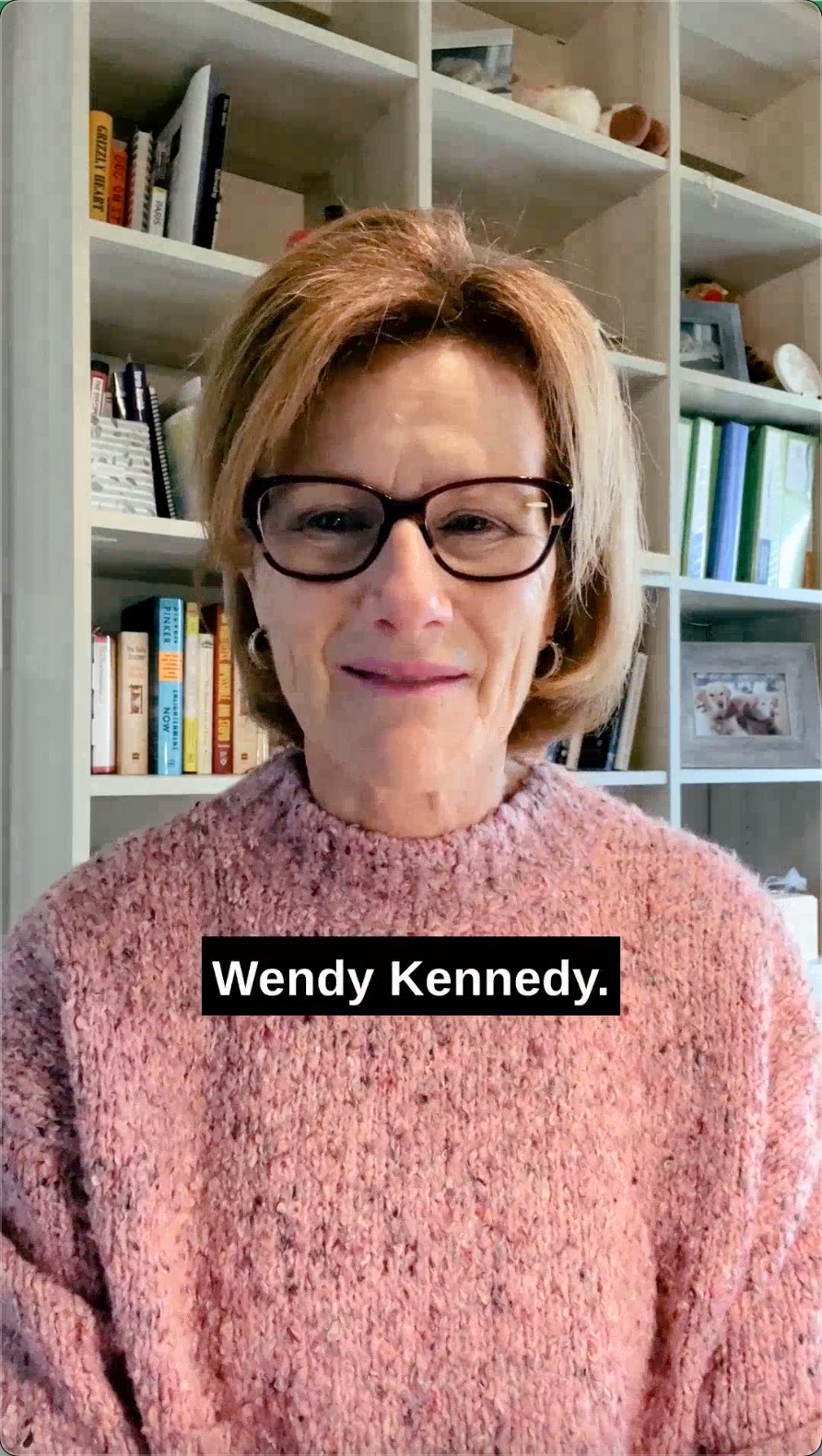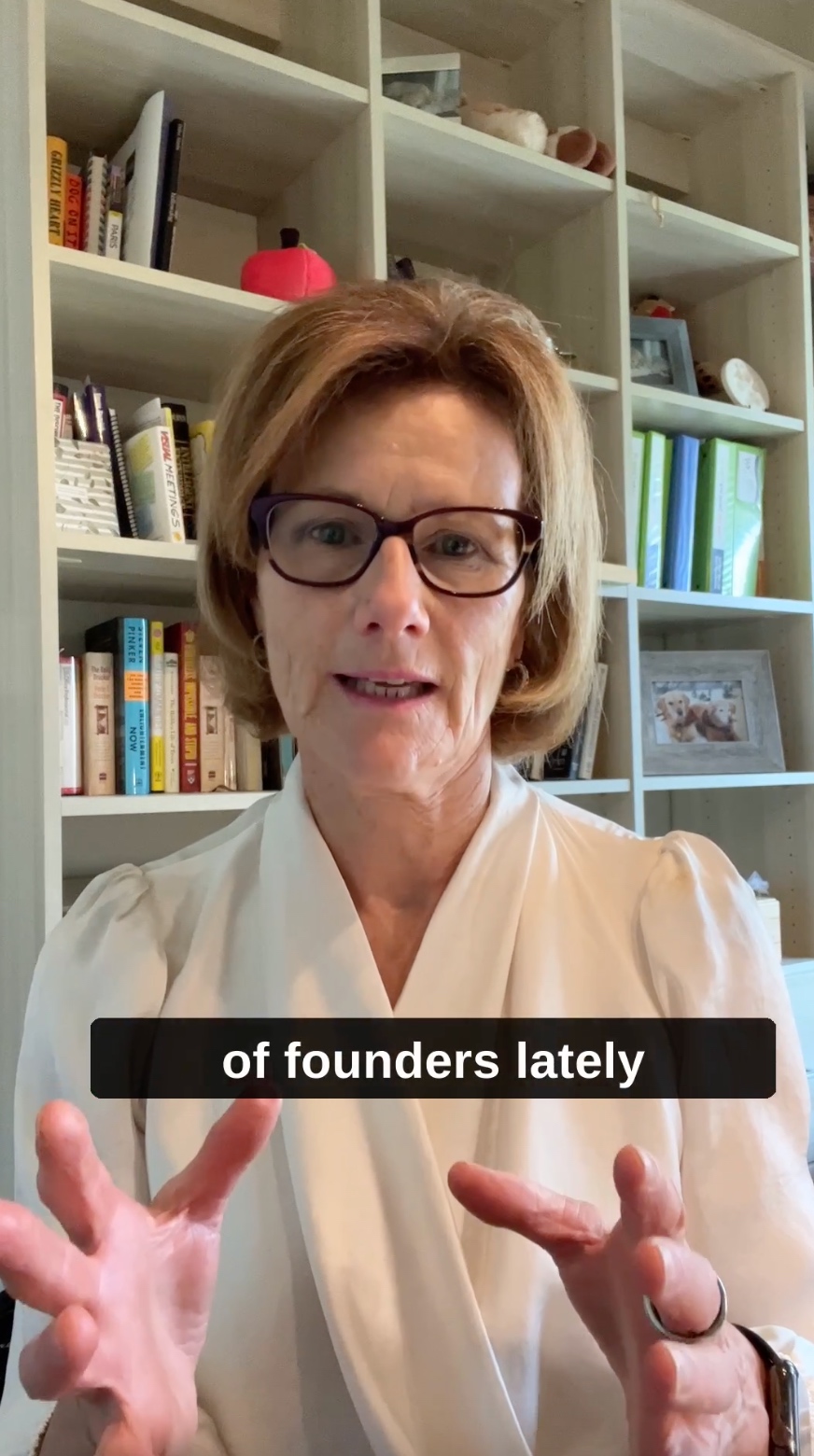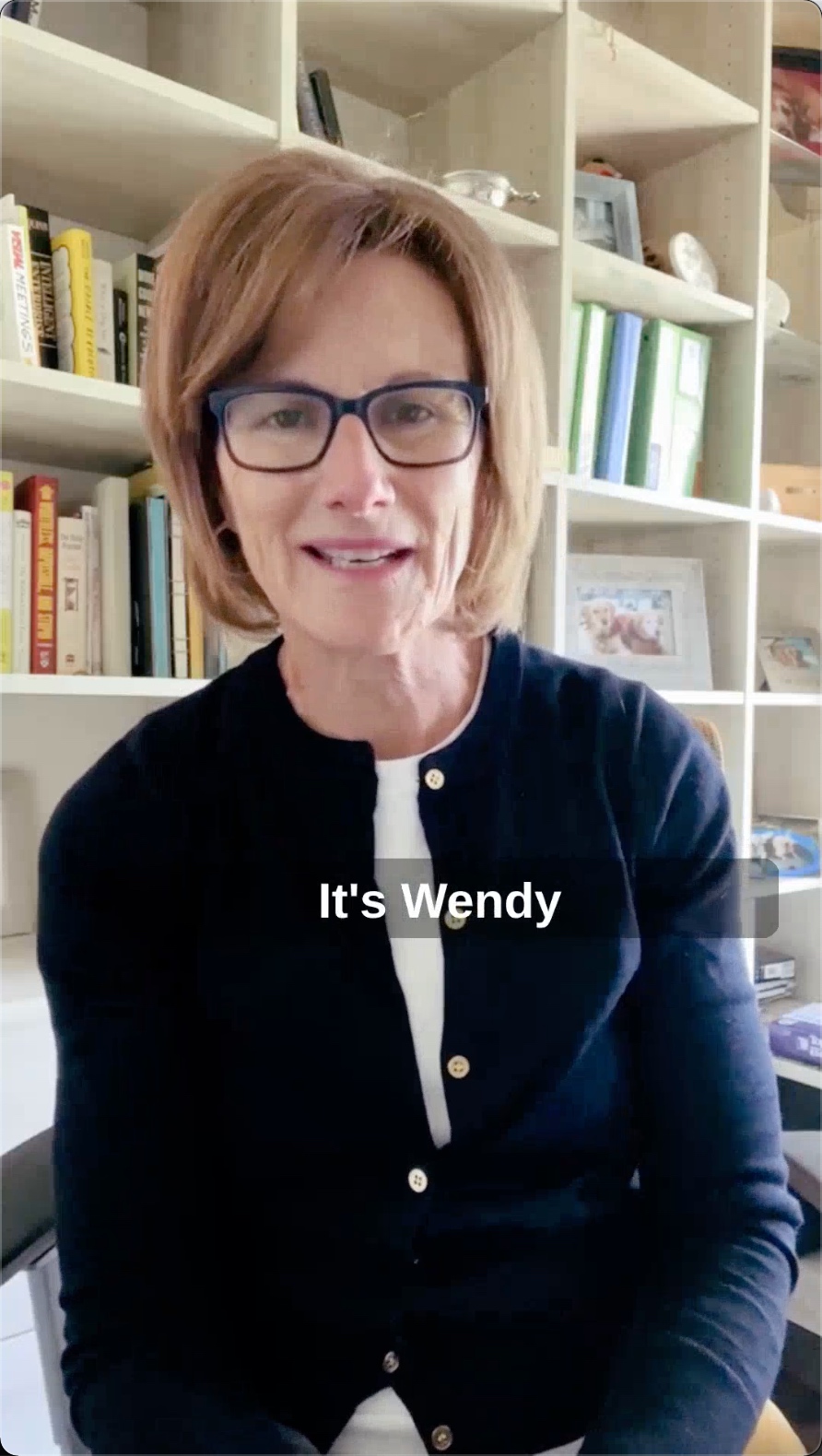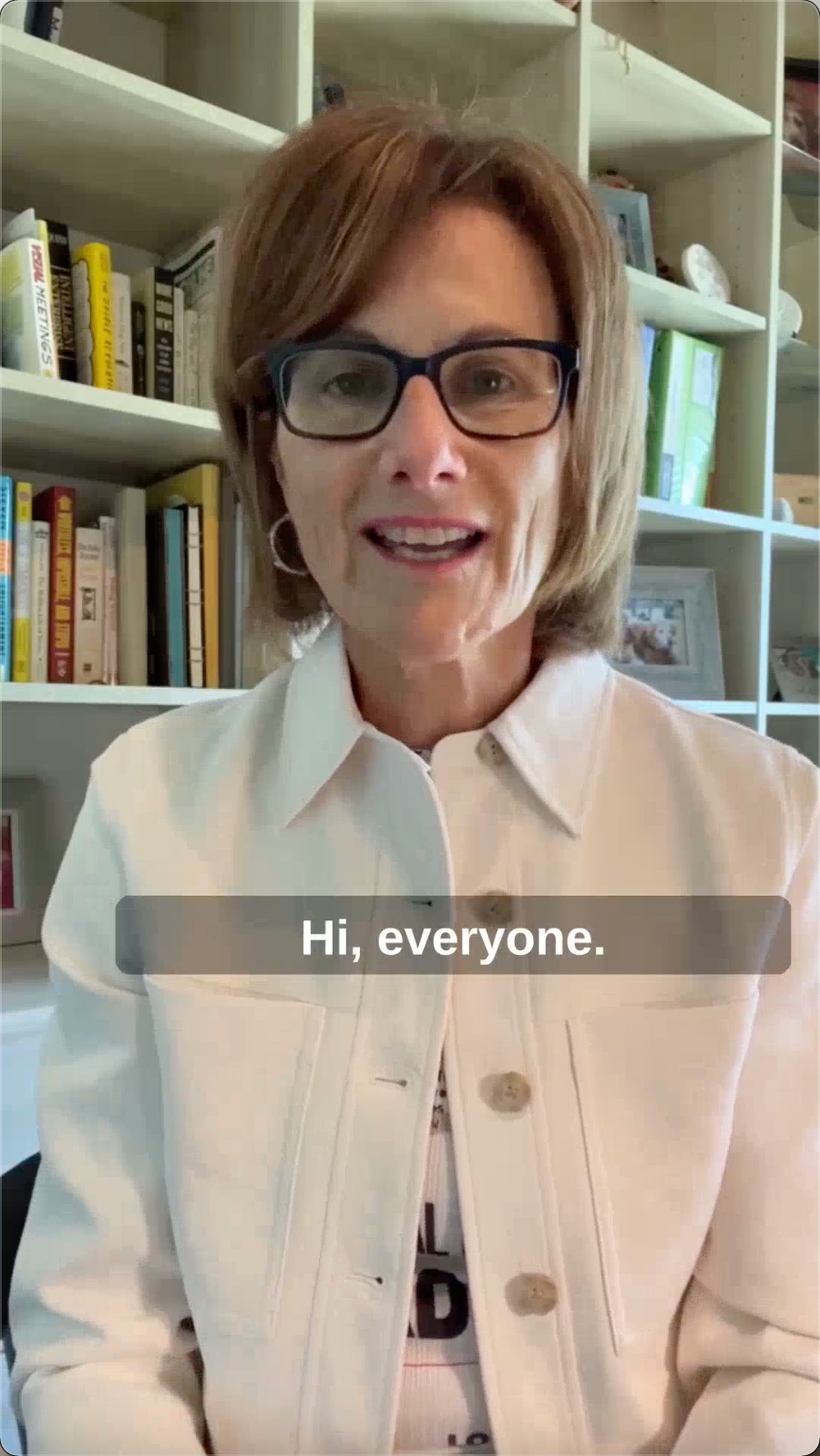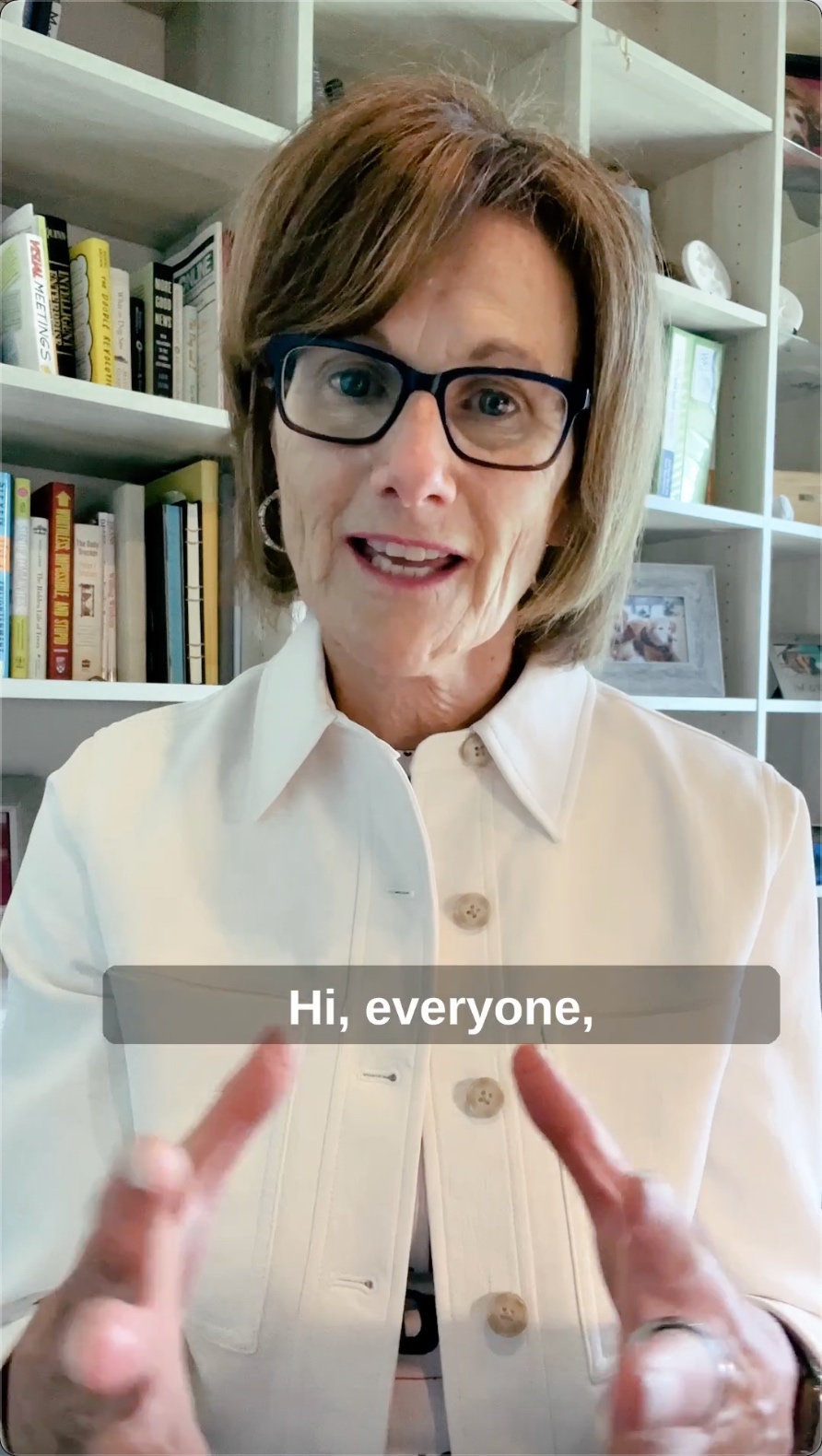What makes for a successful pitch? Is it the same for pitching to investors, to potential customers, to future employees, to the local Rotary, and on and on…What makes for success in any endeavor? We’ve measured many aspects of funding success – when startups successfully raise funds. It can be very measurable. You seek funding, you obtain funding. You succeed or you don’t. Two very measurable features we’ve seen time and time again are 1) having a non-technical business lead, typically the CEO; and 2) having a full-time team in place. I could go into great deal on both of those features, but that’s for a future blog. Today I want to talk about a much more qualitative feature of pitches that I have long suspected is at work in creating successful results…and that is Mastery.
What is Mastery and how does it exhibit itself? Without looking at a dictionary, I would say it is an exhibited expertise and obvious proficiency in a specific area or topic. Like that other famous topic addressed by the US Supreme Court – it falls into the category of ‘you know it when you see it.’ I think every startup founder, every great innovator, every CEO needs to design their path to mastery.
How does this exhibit itself in the world of pitching? Although it applies to any kind of pitch, let’s examine it from the perspective of raising capital and, therefore, pitching to investors. The best pitches I have ever witnessed (out of the 500 or more that I have sat in on) are the ones delivered by someone with a broad range of mastery. Mastery of explaining the value of the business proposition; mastery of the technology or innovation; mastery of the market it serves or will be serving; mastery of the customer base; mastery of the competition’s products or services…
That last one brings to mind a quick story. During a founder’s pitch a question arose from someone on the investment committee to which the pitch was directed. Unbeknownst to the founder, this investor sat on the board of one of her future competitors. It was a direct question about competing against a specific product line of that competitor. Imagine the impression we were left with when the founder explained (in detail) not only how the two products (hers and theirs) stacked up against each other; but went on to explain how she had spent time at the competitor’s facility understanding their product offerings! Mastery! We made the decision to invest later that same day.
At WKI, we offer frameworks and tools for founders to design their pathway to the achievement of mastery.
Follow us on LinkedIn at https://www.linkedin.com/company/wki
Subscribe to updates on our website (see panel at right) and we will send you The Mastery Index II tool!

